Filter by
Latest news (1927)
RSS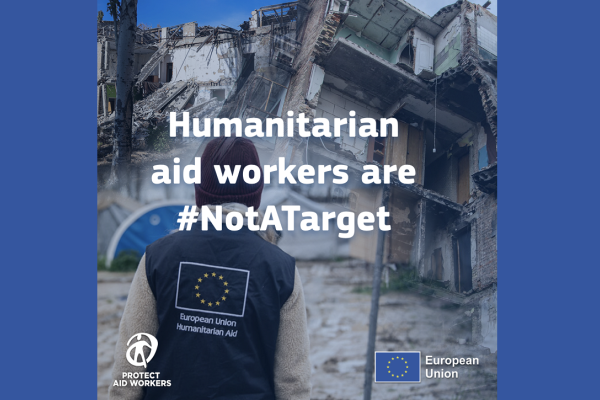
When disasters strike, crises erupt and conflicts arise, humanitarians are among the first ones on the spot delivering emergency assistance to those affected. This selfless calling to bring relief – but also hope – to the most vulnerable must be honoured and protected.

Today, the Commission has disbursed nearly €4.2 billion to Ukraine under the first Pillar of the Ukraine Facility. This brings to €12 billion the total EU funding disbursed to the Ukrainian government under the Facility so far.
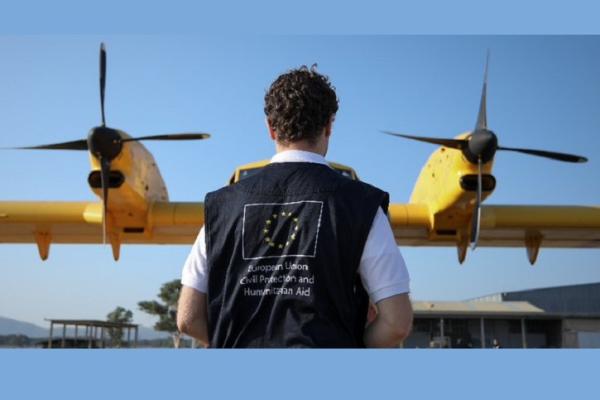
The Commission is mobilising emergency support to Greece and Albania, both of which have activated the EU Civil Protection Mechanism in response to severe wildfires.

Four years ago, on 9 August, the people of Belarus took to the streets to peacefully protest against the fraudulent presidential elections and Lukashenka’s attempt to take away their right to decide their future.
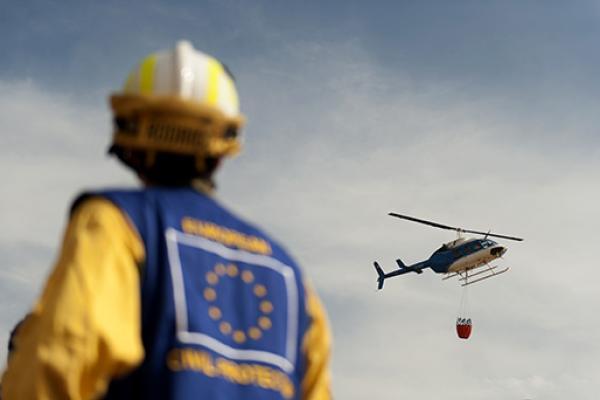
The EU Civil Protection Mechanism was activated this week for the wildfires burning across southeastern Europe.
Commissioner for Crisis Management, Janez Lenarčič, said: “In the constant fight against wildfires, the EU Civil Protection Mechanism responded immediately. I am grateful to the Member St

Ahead of the Roma Holocaust Memorial Day, on 2 August, Ursula von der Leyen, President of the European Commission, Věra Jourová, Vice-President for Values and Transparency, and Helena Dalli, Commissioner for Equality, stated:

What are the ‘extraordinary revenues'? Extraordinary revenues accumulate due to the immobilisation of assets of the Central Bank of Russia.

Today, the EU makes available in support of Ukraine the first payment of €1.5 billion generated from immobilised Russian assets.

The Commission has today published its fifth annual Rule of Law Report, examining systematically and objectively rule of law developments in all Member States on an equal basis. In comparison to the first issue of the Rule of Law Report adopted in 2020...

The Rule of Law Report is a preventive tool and part of the annual Rule of Law Cycle. It complements other mechanisms and instruments at EU level, each with their own purpose and together constituting the so-called ‘EU Rule of Law Toolbox'.

Today, the Commission and the Council of Ministers of Bosnia and Herzegovina signed an agreement associating Bosnia and Herzegovina to the EU4Health programme.
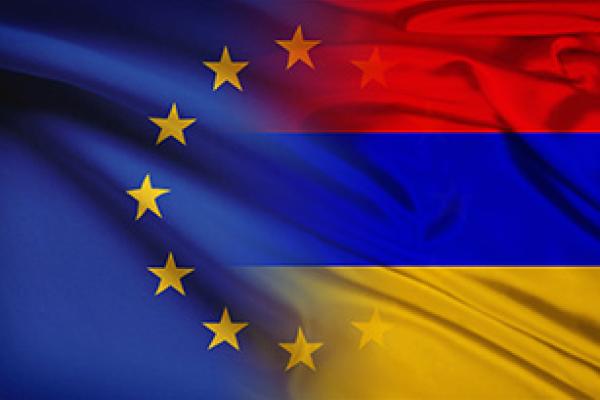
Following yesterday’s acknowledgement by the Foreign Affairs Council, the Commission is launching a dialogue on visa liberalisation with Armenia. This process will support Armenia in its long-term goal to achieve a visa-free regime with the EU.
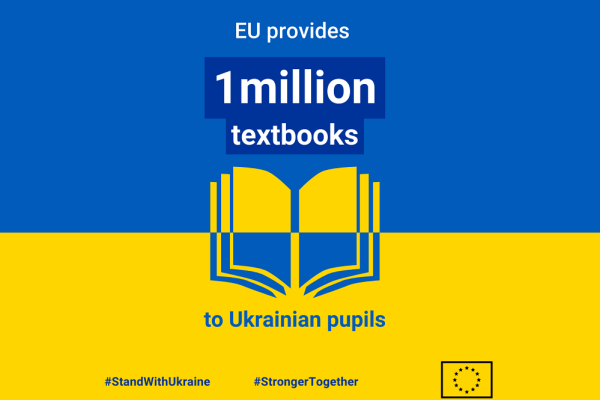
The Commission welcomes today's adoption by the Council of the decision to change the Union's status in the Register of Damage for Ukraine, from Associate Member to Participant. The Register of Damage serves as a record of evidence and information on claims for damages, losses or injuries caused by
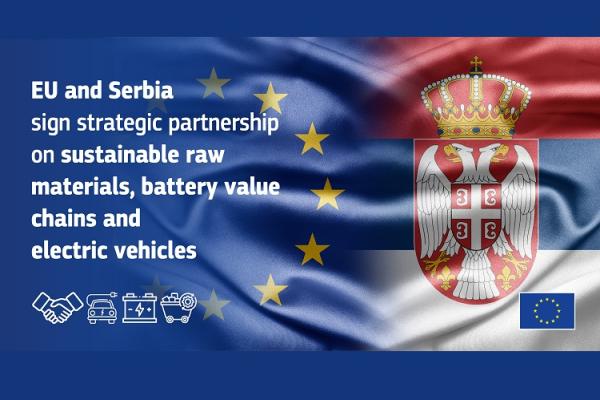
Today, the EU and the Republic of Serbia have signed a Memorandum of Understanding (MoU) launching a Strategic Partnership on sustainable raw materials, battery value chains and electric vehicles.

Dear President Metsola, dear Roberta, Let, me first congratulate you from the bottom of my heart for your re-nomination. Your success is a mirror of the outstanding work you have been doing in this House of European Democracy.
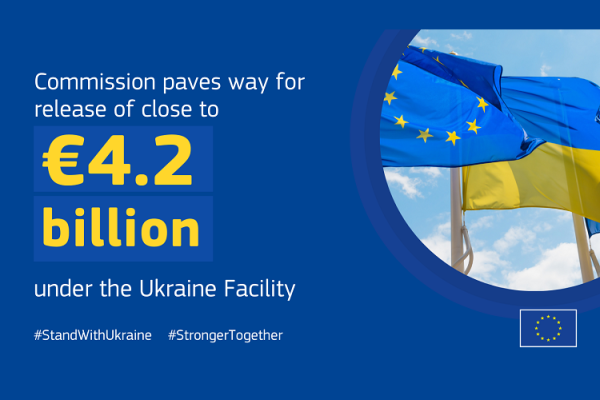
Today, the Commission has given a positive assessment for the first regular payment of close to €4.2 billion under the EU's Ukraine Facility, to support Ukraine's macro-financial stability and the functioning of its public administration.

In response to urgent requests for assistance in their fight against severe wildfires received from North Macedonia and Bulgaria, the EU Civil Protection Mechanism has been activated.
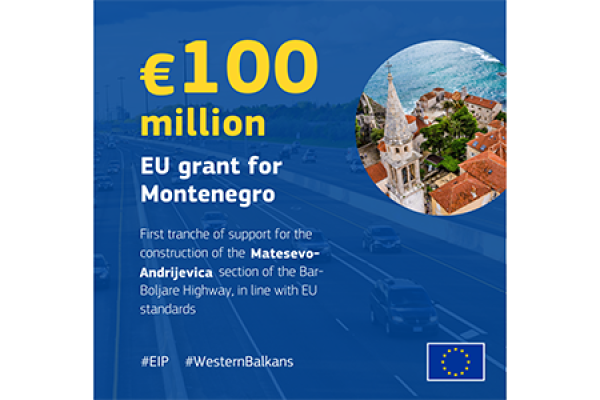
As part of the Economic and Investment Plan (EIP) for the Western Balkans, the European Commission has adopted a €100 million grant Financing Decision to support the construction of the Matesevo-Andrijevica section of the Bar-Boljare Highway.

We the leaders of the United States of America, Belgium, Canada, Denmark, Estonia, Finland, France, Germany, Iceland, Italy, Japan, Latvia, Lithuania, Luxembourg, the Netherlands, Norway, Poland, Portugal, Spain, Sweden, and the United Kingdom, together with the President of the European Council...

The genocide in Srebrenica, 29 years ago, is one of the darkest moments in modern European history. It is our duty to honour the memory of the over 8,300 boys and men who were systematically murdered in the hills around Srebrenica.
